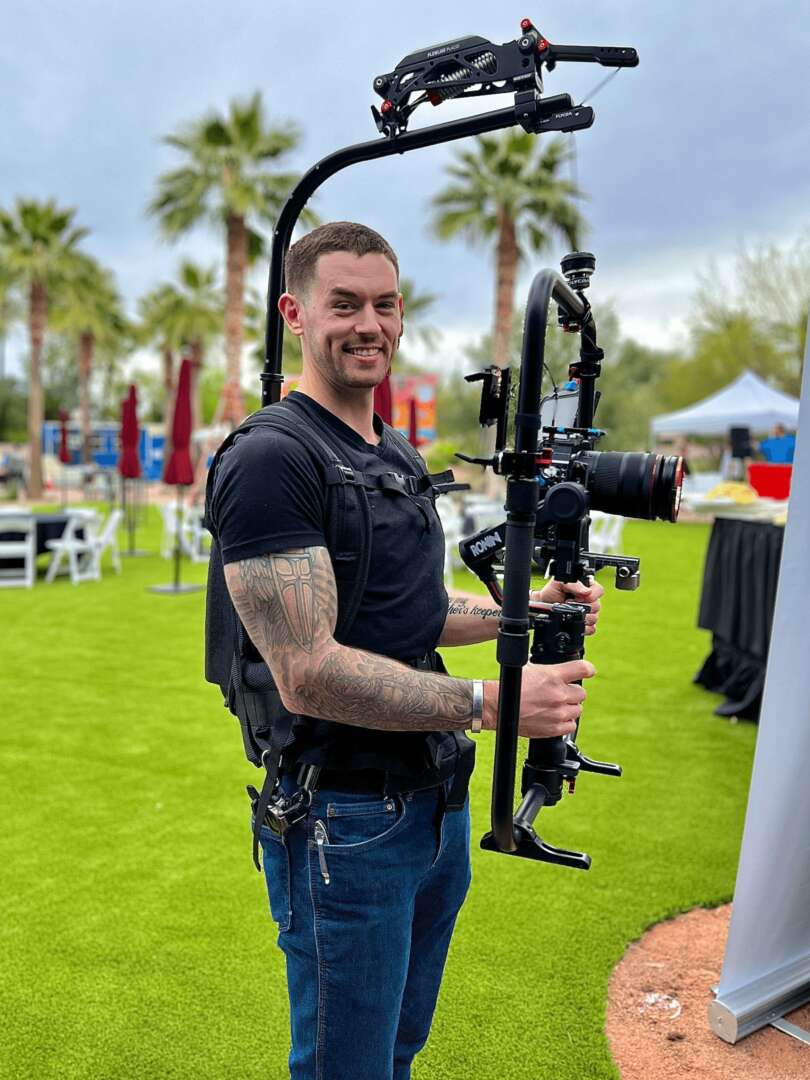One of the biggest opportunities for folks who want to make an impact through entrepreneurship is to tackle things that Corporate America has gotten wrong and so we’ve asked some of the best and brightest in the community to share examples of what Corporate America is getting wrong in their industries.
Jordan Smock

Most creative agencies act as order-takers and simply ask their clients what they’re wanting to do and what kind of content they want to produce. More often than not, the client doesn’t just want photos or video – they see their competitors putting out content and assume that’s how they’re driving traffic to the business, so they want to achieve the same results, but if someone goes with a large firm and they don’t get the results they want, the firm will usually recommend another campaign or to increase the amount of content they produce in order to achieve better results. Read more>>
Nathan Haugaard

People used to talk about the worrying trend of the over-commercialization of art. This is no longer a fear; it is a reality. The Hollywood system, with its’ failure is not an option’ mindset, has effectively stripped our current generation of storytellers and artists of their freedom to experiment and learn from their mistakes. This loss is a tragedy that we must address. Over-commercialization means an over-reliance on a bankable bottom line or return, from a film. In other words, no corporate officer holding a checkbook is willing to take a risk that could result in a total loss of money invested. The problem is that filmmaking has never been a “sure thing.” Even in the stock market, thousands of investors have “lost their shirt” when attempting to bet on a “sure thing.” Nothing positive was ever yielded from an overly cautious approach. Read more>>
Ellicia Mitchell

Corporate America often misunderstands the art world in several ways, leading to missed opportunities and misaligned objectives. Corporations frequently prioritize profitability over artistic integrity, pushing for artworks that are commercially viable rather than creatively groundbreaking. Businesses often have a short-term focus on quarterly results, which contrasts with the long-term development and appreciation of art. Great art can take years to create and may not yield immediate financial returns. Read more>>
Jon Antonucci

So many organizations completely forget about the front-line leaders who are (at least) influencing or (at most) dictating the internal culture of the organizations. While training may be offered for almost every other position, little (or no) empowerment is provided to those who are burdened with with tremendous responsibility of serving their team on a day-to-day basis. When training is offered, it tends to be superficial, “check-the-box” training doing little to truly facilitate the success of those who are shouldering the largest part of the culture and productivity responsibility. Read more>>
Carys Mullins

Many people have heard the term “Greenwashing”, a technique Corporate America uses to mislead consumers into thinking its services or products are more environmentally friendly (“green”) than they truly are. Similarly, Corporate America has a bad habit of “Pinkwashing,” especially during PRIDE month and other LGBTQ-centric celebrations or days of remembrance. Pinkwashing occurs when a company uses LGBTQ+ languages, talent, or causes to uplift its brand, service, or product without making any real impact or caring about the community. Read more>>
Jordyn Turner

Corporate America often misses the mark by not empowering employees, particularly at the junior level, to contribute their insights and drive innovation. Too many organizations box their talent into rigid job descriptions, stifling creativity and limiting their potential. While structure is important, it becomes a hindrance when it prevents high-level thinkers and problem solvers from making a meaningful impact. This approach leads to a cycle where organizations struggle to retain top talent because they’re more focused on maintaining the status quo than fostering an environment where innovation can flourish. Read more>>
Brittany Guerra

Corporate America often misses the mark in the soap industry by relying too heavily on harsh chemicals, inexpensive ingredients, and synthetic fragrances. There seems to be a misguided belief that artificial components are superior to those naturally sourced. It was eye-opening for me to examine the ingredients in homemade cold process soap compared to commercially produced body washes and bar soaps. In a world where diseases like cancer are prevalent, perhaps it’s time to reconsider our choices and opt for products with simpler, more natural ingredients. Read more>>


